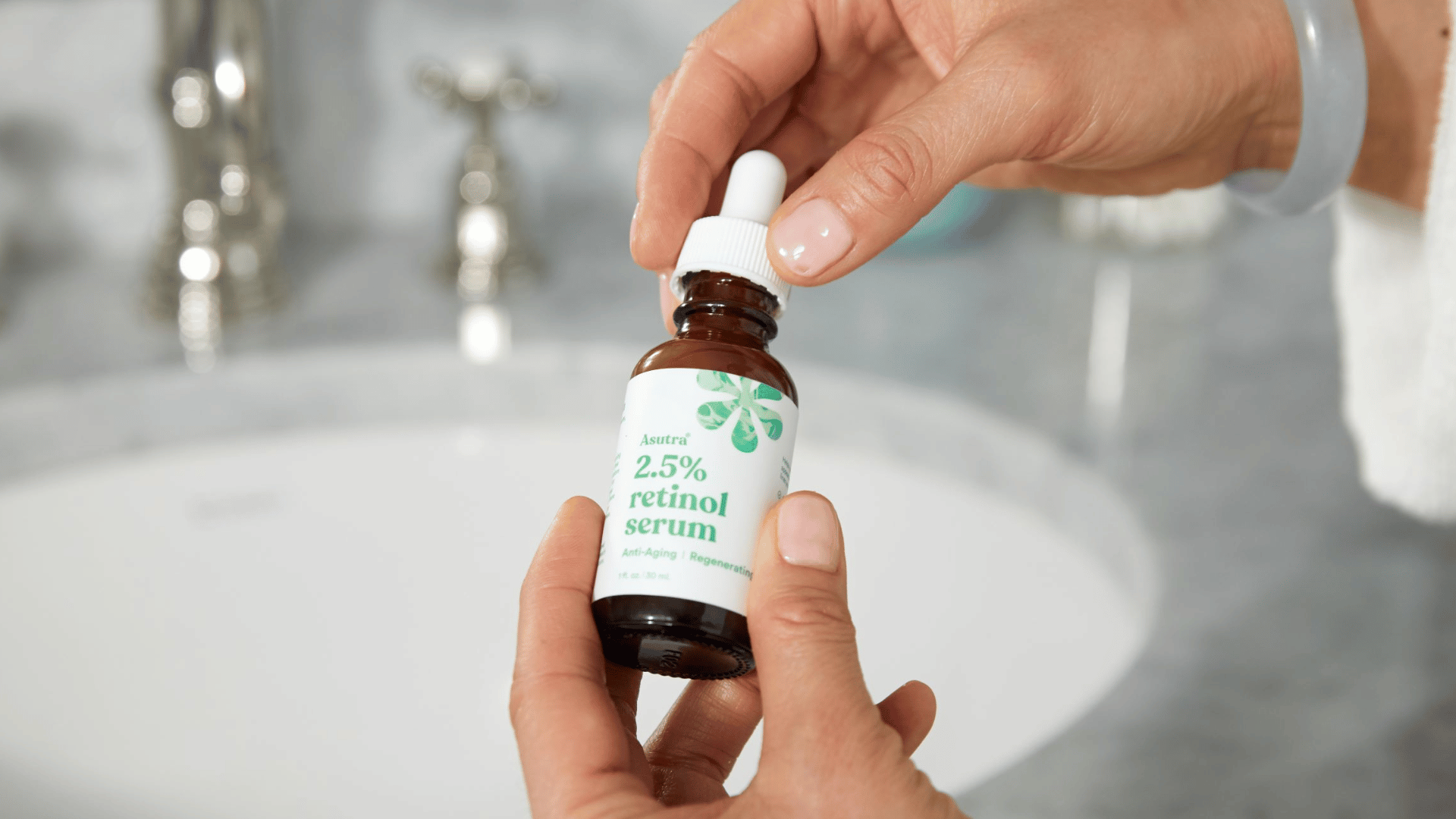We are huge fans of magnesium at Asutra. We talk, think, even dream about magnesium and when we found a kindred spirit in Karen Malkin, a Chicago based national board certified health and wellness coach (plus all around amazing lady – see her bio below), we asked her to write a blog about magnesium, nutrition, and overall wellness.
A quick magnesium primer
Magnesium is the fourth most abundant mineral in your body and is essential for over 300 different chemical reactions, including maintaining your energy level, helping you relax, and sustaining the health of your heart and blood vessels. Yet, 2 out of 3 people are magnesium-deficient, and don’t even know it.
Every organ in your body, especially your heart, muscles, and kidneys, needs magnesium. This mineral also contributes to the makeup of strong, healthy teeth and bones. Magnesium activates enzymes, contributes to energy production, and helps regulate levels of calcium, copper, zinc, potassium, vitamin D, and other important nutrients in the body. But it doesn’t stop there. Magnesium also plays a vital role in supporting healthy brain activity and an optimal state of mental health.
Magnesium is a highly adaptable mineral and an indispensable supplement that numerous doctors, nutritionists, and wellness coaches accept as imperative for human well-being. From here, we will let Karen take it away!
What you need to know about magnesium
By Karen Malkin
If you struggle with muscle pain, insomnia, low energy, or migraines, you'll want to read this. I want to highlight some important information about magnesium so you can use it to your benefit.
Could You Be Deficient In Magnesium?
The Recommended Dietary Allowance (RDA) for magnesium is 400 milligrams (mg) for men and 310 mg per day for women. However, many people don't get near this amount. It's highly likely you could be deficient in magnesium for a couple of reasons. The majority of people's diets consist of a high consumption of red meat, processed meat, pre-packaged foods, butter, added sugars, fried foods, conventionally-raised animal products, high-fat dairy products, and refined grains. These are mostly high calorie, low nutrient-dense foods - including low sources of magnesium. People are not getting enough from the food they are eating.
In our society, many people are on medications that can contribute to depleting magnesium stores in your body. Antibiotics, chemotherapeutic agents, diuretics, proton-pump inhibitors, and birth control, are all examples of medications that could do so.
So, if you’re eating healthy and aren't on medications that could interfere with your magnesium levels, you must be in the clear... right? Not so fast.
Even if you are eating an anti-inflammatory diet with lots of plants, you still may not be getting adequate amount of magnesium.
In this day and age, we are seeing a decline in our food's nutrients. A tomato that you buy from the grocery store doesn't have the same amount of vitamins and minerals it once did like when our grandparents bought them.
Why is that? It's because of our soil health. The agriculture system has turned to single-crop farms and pesticide usage, depleting the soil of its nutrients. This contributes to the fact that ⅔ of people are deficient in magnesium!
Why Is This Important?
As you read above, magnesium plays a role in over 300 processes in the body. If your magnesium levels are low, these processes can't be carried out optimally, contributing to potential health issues. These can include:
- Low energy
- Muscle pain
- Muscle cramps
- Trouble sleeping
- PMS
- Low energy
- Insulin resistance
- Anxiety/Depression
- Headaches/Migraines
Best Food Sources of Magnesium
If possible, consume a mostly organic diet when you can. Organic crops have been grown in high quality soil quality because organic farmers use rotating crops, cover crops, reduced tillage, and green manure all of which help the soil maintain nutrient levels, and, therefore, your food.
Here are some magnesium rich foods to incorporate into your meals:
- Pumpkin Seeds- 1 oz, 168 mg
- Almonds- 1 oz, 80 mg
- Cashews- 1 oz, 74 mg
- Spinach- ½ cup boiled, 78 mg
- Black Beans- ½ cup cooked, 60 mg
- Edamame- ½ cup, 50 mg
- Peanut Butter- 2 tablespoons, 49 mg
Should You Supplement with Magnesium?
Even with a healthy diet, many people can benefit from magnesium supplementation. There are many types of magnesium supplements on the market. For this blog, I will focus on the benefits of topical (or transdermal) magnesium.
Topical Magnesium
There are many benefits of using magnesium topically – meaning applying magnesium to the surface of the skin for absorption. Magnesium can be found in salts for body soaks, lotions, oils, or sprays. This makes it super convenient for you, and you can take care of your skin in the meantime! While magnesium chloride is used for topicals, many companies are adding in additional ingredients to supplement magnesium.
In addition to utilizing your largest organ (your skin) for absorption, topical products allow for combining magnesium with other ingredients for additional benefit like melatonin, menthol, and capsaicin.

Karen Malkin is among the first National Board Certified Health & Wellness Coaches in our country. She is a certified ReCODE brain health coach. Karen is a graduate of The Andrew Weil Center for Integrative Medicine’s IHeLP and Integrative Health Coach programs and has certifications in Environmental Health and Eating Psychology. Karen is the founder of MCT Lean, a plant based, dietary supplement company. Passionate about integrative medicine and environmental health, Karen serves on the Philanthropic Council for the Osher Center for Integrative Medicine at Northwestern Medicine, as a board of director for the Environmental Working Group, Spiral Sun Ventures, and Gardeneers. Some of Karen’s specialty areas include her 14 Day Transformation series, emotional eating, weight loss, the science of nutrition, high energy superfoods, smoothies, managing cravings, and healthy lifestyle makeovers. .
Follow Karen on Instagram @karenmalkinhealth or check out her website: www.karenmalkin.com






